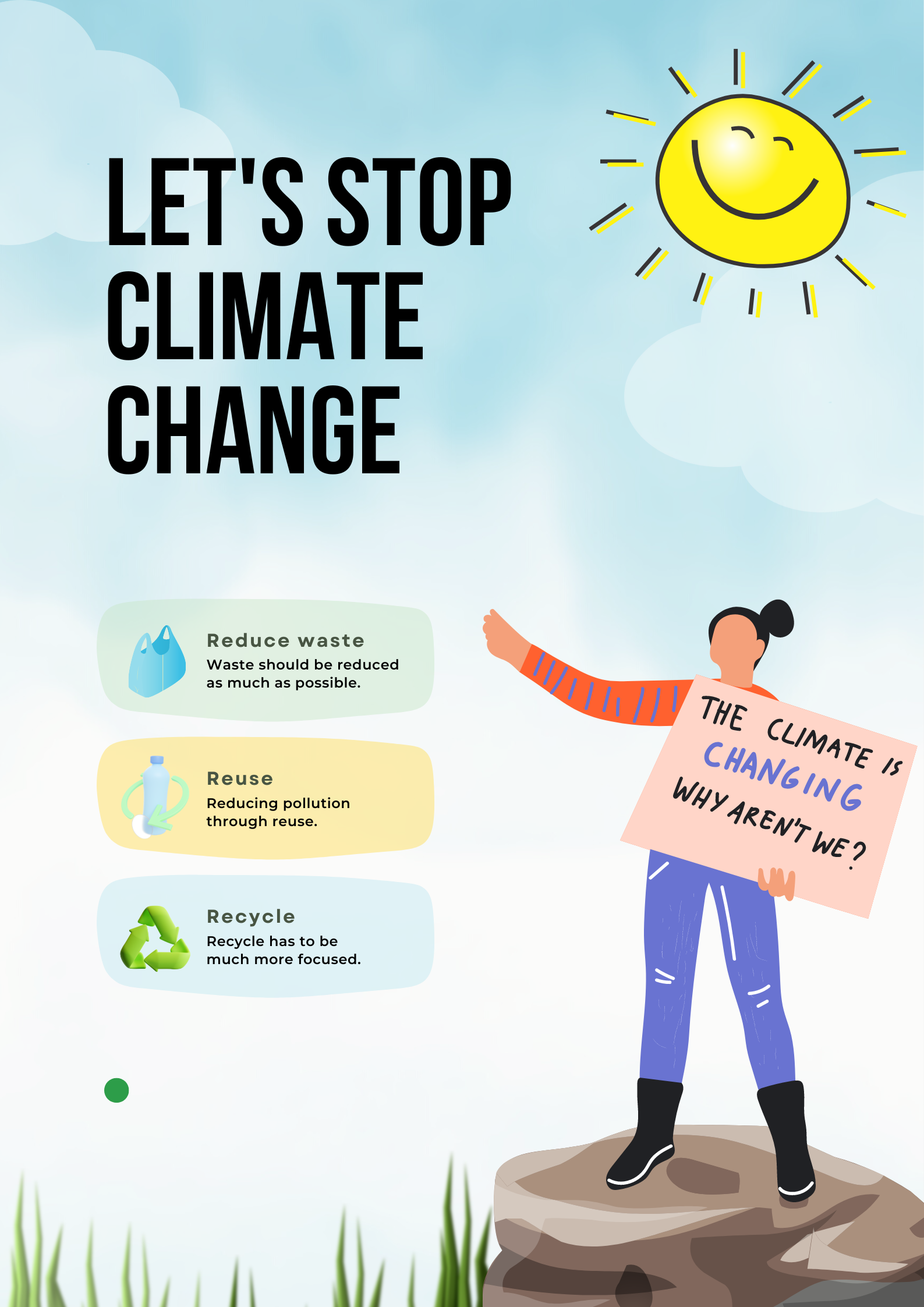The United Nations Independent scientific body, The Intergovernmental Panel on Climate Change released the third installment of its Sixth Assessment Report. The report is called Climate Change 2022: Mitigation of Climate Change. It tries to answer a fundamental question: How do we stop burning fossil fuels?
While technology that is readily available can cut pollution in half by 2030, a lot depends on political will. The report reminds rich countries of the promises they made to contain pollution. It notes that climate change is very much a class problem. 45 percent of global emissions come from the top 10% of households. The bottom 50 percent, on the other hand, only contribute about 15 percent of the emissions.
While governments across the world have promised to keep emissions under the stated limit, they don’t really know how to get there. The world needs to immediately give up using existing fossil fuel infrastructure in the next decade if we intend to maintain warming under 1.5°C. The report warns policymakers that if fossil fuels are not phased out, the world would definitely surpass the 1.5°C limit.
The solutions offered are solar and wind investments. Since the power sector is the biggest contributor to climate change, this sector needs to be decarbonized immediately. Cars, buses, builds- all need to run on renewables instead of coal, oil, and gas. Methane is the second largest contributor to global warming. The report focuses on how methane emissions can be slashed to curb global warming.
These changes are not possible if countries renege on climate pledges. While countries need to recommit to the Paris Agreement, they need to go even further. The report concludes that nature conservation can have a significant impact on mitigating climate change. For this, the Sustainable Development Goals framed in 2015 need to feature in policy decisions.
To summarize, if greenhouse gas emissions dont peak (and then fall) three years from now, they won’t be cut by half by 2030. Failing that, the world will experience disastrous climate impacts. The pandemic has caused emissions to fall down drastically. However, as lockdowns end, these are on their way up again. In 2021, they surpassed 2019 levels.
The report states that while technology and cost considerations make the 1.5°C feasible, political and power relationships have come in the way of concrete actions. In conclusion, we have the tools to reach our goals: cut greenhouse gas emissions in half by 2030 and reach net-zero emissions by 2050. While 1.5°C may not sound a lot, we must remember that every tenth of a degree beyond that will lead to immense suffering.







